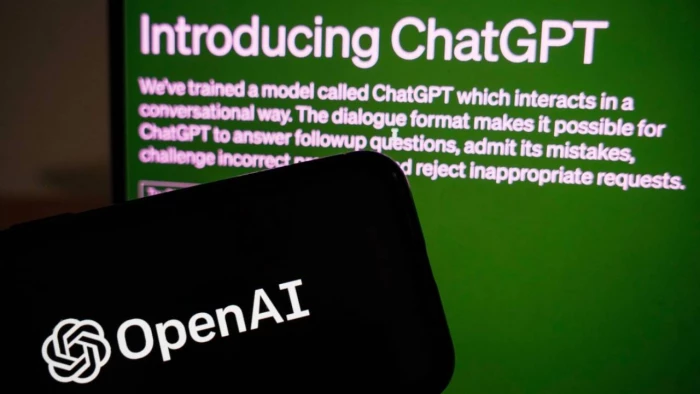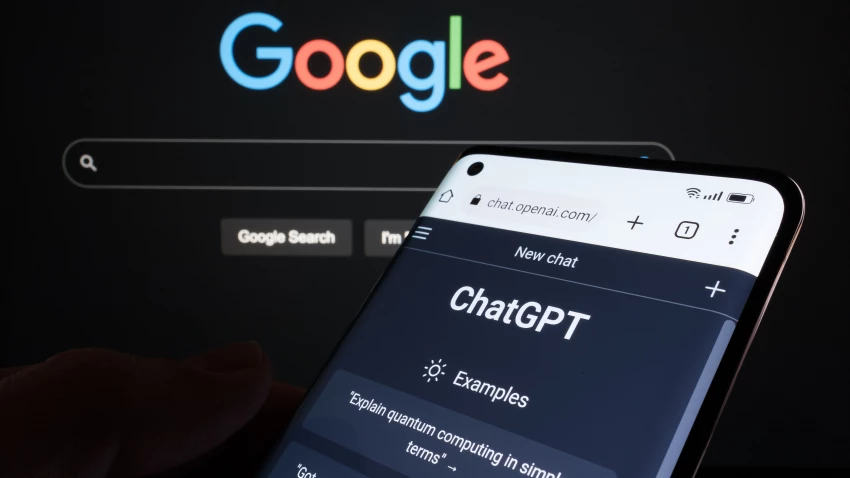

OpenAI has officially withdrawn a feature from ChatGPT that allowed users to make specific conversations publicly accessible and discoverable on search engines like Google — a quiet move that may have major implications for privacy, transparency, and the future of AI-generated content.
The decision was confirmed this week, following internal concerns over the potential for unintentional exposure of personal or sensitive data. What was once seen as a small step toward building a more open AI ecosystem quickly turned into a cautionary tale about just how easily digital tools can cross the privacy line.
The feature, which allowed users to share individual conversations via public URLs and optionally mark them as indexable by search engines, launched with minimal fanfare earlier this year. Users had to opt in manually — selecting specific chats and activating the setting through the “Shared Links” section of ChatGPT’s data controls.

OpenAI originally framed the idea as a way to help people “discover useful conversations” — AI responses to common questions, unique prompts, or real-world workflows. But as privacy experts and users flagged the risks of oversharing, the experiment came to a quiet halt.
“It was a smart idea in theory,” said Raphael Larouche, SEO consultant and founder of Agence SEO Zenith. “But in practice, most users don’t fully understand what’s being indexed and how easily a shared link can become searchable. It only takes one mistake to turn a casual chat into a serious liability.”
While the feature never reached mass adoption, OpenAI's decision to pull the plug entirely suggests it’s erring on the side of caution. Even with manual controls in place, the company acknowledged that users might accidentally publish chats that contain names, passwords, internal business information, or personal anecdotes.
With the growing use of ChatGPT in both professional and personal contexts — from marketing teams brainstorming campaigns to students drafting essays — the potential for leaks was real, even if unintended.
The removal of publicly indexable chats may also disappoint parts of the SEO and digital marketing world. Over the past several months, some users had started experimenting with these public links as a way to surface AI-generated content directly in search results — repurposing helpful threads into indexed resources.
“Some saw this as a way to game Google rankings or create a new category of searchable AI knowledge,” Larouche added. “But ultimately, it was too risky. You can’t sacrifice user trust for SEO gains.”
The decision underscores a broader trend in AI development: balancing transparency and usability with user safety. As tools like ChatGPT become embedded in everyday workflows, the line between private use and public exposure is becoming increasingly blurry.
OpenAI has not confirmed whether a revised version of the feature could return with added safety mechanisms — such as redaction tools, keyword filters, or stricter warnings. For now, the company says it is working with search engines to ensure that previously indexed links are being removed from the public web.
This episode serves as a reminder that even opt-in features require a deep understanding of human behavior — especially when tied to search visibility and AI content.
OpenAI’s removal of public indexing may have closed a small window of transparency for now, but it also sends a clear message: user privacy isn’t just a feature — it’s a fundamental part of the product experience.
Be the first to post comment!